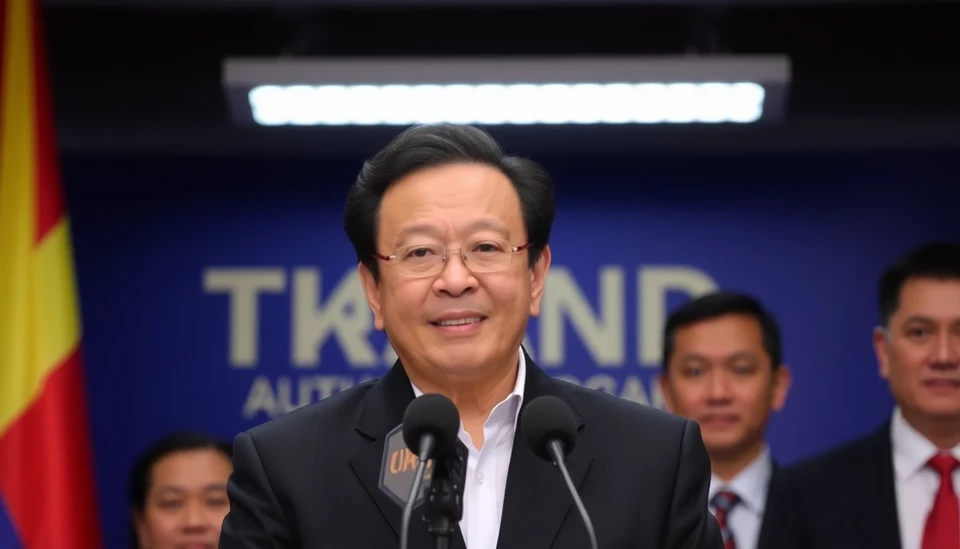
In a pivotal moment for Thailand's political landscape, Prime Minister Srettha Thavisin has successfully navigated his first no-confidence vote, largely seen as a crucial test of his leadership amidst ongoing scrutiny linked to former Prime Minister Thaksin Shinawatra. This outcome is a significant indicator of Srettha's ability to maintain stability within his government.
The no-confidence motion, initiated by opposition lawmakers, was primarily fueled by allegations surrounding the government's handling of various issues, which included economic management and the controversial legacy of Thaksin, who served as prime minister from 2001 until he was ousted in a military coup in 2006. Thaksin's influence continues to resonate in Thai politics, particularly with the country's ongoing political divisions. His recent return to Thailand after years in exile has reignited debates and tensions among political factions.
On this occasion, Srettha received support from coalition partners and was able to effectively counter the criticisms lodged against him. His government has been under pressure, notably from opposition parties who argue that his administration has not adequately addressed pressing concerns, including rampant inflation and economic stagnation. However, the Prime Minister asserted his commitment to deliver results and emphasized that his administration will focus on Thailand's recovery and economic growth following the pandemic-induced downturn.
Opposition leaders highlighted various perceived failures of the Srettha administration during the debate leading up to the vote. There were pointed references to the rising cost of living, which has left many citizens struggling. The opposition's strategy aimed to demonstrate that the Premier's government was ill-equipped to tackle the challenges facing ordinary Thais. However, Srettha's coalition managed to muster the necessary votes to defeat the motion, showcasing the level of support currently enjoyed by his government.
The successful outcome of the no-confidence vote may provide a temporary reprieve for Srettha, yet it remains to be seen how this will influence the trajectory of his government amid ongoing political challenges. Analysts suggest that while this victory strengthens his position for now, it will necessitate continued alignment with coalition partners to ensure legislative stability and the fulfillment of policy goals.
As Srettha continues to navigate the complex political environment of Thailand, he may also need to keep an eye on Thaksin's re-emerging influence and the public response to his government's policies. The political arena in Thailand is known for its volatility, and the forthcoming months will be critical in shaping both the Prime Minister's and the nation’s future.
In conclusion, the no-confidence vote has solidified Srettha's control for the moment, but the precariousness of Thai politics suggests that challenges remain. Political analysts remain watchful as Thailand moves forward amidst economic recovery and the possibility of further political turbulence, especially as they analyze the implications of Thaksin's ongoing involvement in the country's affairs.
#ThaiPolitics #SretthaThavisin #NoConfidenceVote #ThaksinShinawatra #ThailandNews
Author: Rachel Greene




